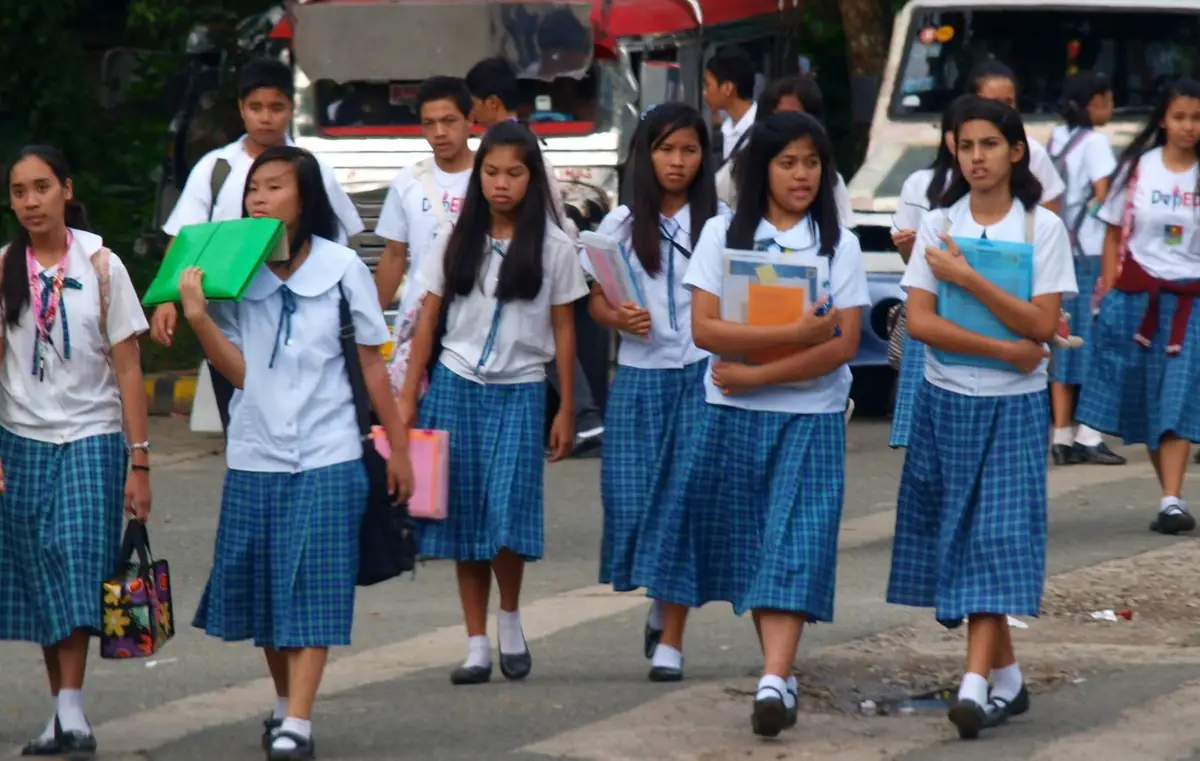In a bold move to ease the financial burden of Filipino families and promote greater access to education, Batangas 1st District Representative Leandro Leviste has filed a proposed bill that would grant a monthly allowance of ₱1,000 to all students across the country. The proposed measure, House Bill No. 27, was introduced on the first day of the 20th Congress and aims to support students from kindergarten to college—regardless of whether they are enrolled in public or private institutions.
Leviste emphasized that poverty should never be a barrier to education, and that even seemingly small expenses like daily fare, food, and school materials can discourage students from attending school regularly. The allowance, he argues, would not only help families cope with the rising cost of living but also motivate students to stay in school and perform better academically. By providing this financial aid directly to students, the bill seeks to bridge the gap between basic education and accessibility, especially for marginalized communities.
According to Leviste, this proposal reflects a broader vision for inclusive education in the Philippines—one where every student receives the support they need to succeed, regardless of socioeconomic status. The congressman believes that education is the best investment the government can make, and that offering financial support to students today will yield long-term benefits for the nation, including a better-educated workforce, reduced dropout rates, and increased productivity in the future.
Key Features of House Bill No. 27
Under the proposed law, every Filipino student enrolled in any basic or higher education institution would receive a monthly allowance of ₱1,000. The benefit is universal, covering students from kindergarten through college, whether they are in public or private schools.
To ensure responsible distribution of the funds, students must maintain at least an 80% monthly attendance rate to qualify for the allowance. The Department of Education (DepEd) and the Commission on Higher Education (CHED) will set specific guidelines to monitor eligibility and compliance.
The distribution of the allowance will be done through digital cash transfer systems, ensuring that the funds are received quickly and efficiently. The money can be used at the discretion of the student to pay for essential school-related expenses such as transportation, meals, supplies, and even hygiene products—costs that often prevent underprivileged students from completing their education.
Rationale Behind the Proposal
The bill is rooted in the belief that financial strain is one of the key barriers to education in the country. While there are existing scholarship programs and financial aid initiatives, Leviste pointed out that many of these are merit-based or limited in scope. By contrast, House Bill No. 27 proposes a more inclusive approach—offering assistance to all students, not just the top performers or those in public schools.
Leviste noted that many countries around the world provide comprehensive student support programs, including free meals, transportation subsidies, and access to digital learning tools. He believes that the Philippines should follow suit and invest in its young population through a similar support system that guarantees every student the chance to complete their education with dignity and ease.
The proposed allowance is not only a form of financial assistance but also a tool to improve student engagement. With fewer economic distractions, students can focus more on learning and participating in school activities. Over time, this could lead to improved academic outcomes and reduced dropout rates—an issue that continues to challenge the Philippine education system.
Funding and Implementation
Leviste acknowledged that implementing such a wide-scale program would require a significant budget. However, he stressed that the benefits of investing in students would far outweigh the costs. He suggested that government loans and partnerships with international donors, private companies, and non-government organizations could help fund the program. Importantly, he assured that the allowance would not reduce the budget for existing education and social services.
The bill also includes provisions to safeguard against misuse and to ensure transparency in fund allocation. Each transaction will be tracked through digital platforms, and students or their guardians—especially for minors—will have access to the funds through secure and regulated channels.
The goal, Leviste said, is to create a sustainable support system that uplifts every student, helps families manage daily costs, and sends a strong message that the government is fully committed to prioritizing education.
House Bill No. 27 is a timely and forward-thinking proposal that recognizes the financial struggles many Filipino students face. By providing a monthly allowance of ₱1,000, the government has the potential to significantly reduce the number of dropouts and make education more accessible and equitable for all. If passed, this measure could become a historic milestone in the country’s journey toward inclusive and quality education.
Read Also:PMA Entrance Exam 2025: Schedule, Requirements, How to Apply


How to apply ma\’am/sir?
Good day!How to apply po so my 2 son\’s can have 1k monthly allowance. It\’s a big help for us especially for my 2 son\’s in college.
G cash
How to apply
Sent from Yahoo Mail for iPhone
Pano po
Panukalang batas pa lang po ito.